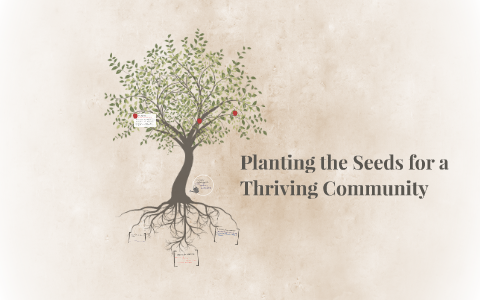The teachings of the Bahá’í Faith illuminate the importance of nurturing compassionate qualities in children from an early age. The capacity for empathy, a hallmark of moral development, is often likened to a seed that requires careful cultivation. This discourse aims to provide a comprehensive exploration of how Bahá’í principles can inform practices for instilling empathy in children, ultimately preparing them to become conscientious global citizens. The Bahá’í emphasis on education, the communal nature of existence, and the moral imperative to contribute positively to society underscores the pivotal role that compassion plays in human interaction.
First and foremost, it is essential to recognize that children exhibit an innate capacity for empathy. Research in developmental psychology supports the notion that even very young children show signs of empathic behavior. This predisposition is significant; however, it must be nurtured through appropriate guidance and modeling by adults. The Bahá’í teachings advocate for the role of parents, educators, and community members in creating an environment where empathy can flourish. Establishing a foundation of love and respect is elemental, as children are highly impressionable and often emulate the behaviors of those around them.
Furthermore, engaging children in narratives and stories that highlight moral choices can profoundly influence their understanding of empathy. The use of fables and parables is a time-honored method of imparting ethical lessons. Bahá’í literature is rich with stories illustrating virtues such as kindness, justice, and service. These narratives can serve as catalysts for discussions about empathy, allowing children to explore the feelings and motivations of characters while developing their own moral compass. Allowing children to ask questions about these stories encourages them to think critically and foster a deeper understanding of various perspectives.
Beyond storytelling, creating opportunities for children to engage in acts of service can significantly enhance their empathetic capacities. Volunteer experiences, whether through organized activities or informal engagements, provide children with first-hand experiences of compassion in action. The Bahá’í teachings exhort individuals to serve humanity, encouraging children to see their role within the larger community. By participating in charitable initiatives, children learn the value of selflessness, which reinforces empathetic behaviors.
Incorporating discussions about global issues into children’s learning can also be instrumental in cultivating empathy. The interconnectedness of human beings across the world is a core tenet in Bahá’í thought. Expanding a child’s worldview to include awareness of cultural diversity and social injustices fosters a deeper sense of compassion. Projects that highlight the experiences of children in different cultural contexts provide rich educational experiences and inspire empathy. As children learn about the struggles and triumphs of others, they are more likely to develop a sense of kinship with individuals beyond their immediate surroundings.
Moreover, critical thinking and emotional intelligence are foundational aspects of nurturing empathetic individuals. Encouraging children to articulate their feelings—and to validate the feelings of others—cultivates emotional literacy. The Bahá’í teachings emphasize the importance of understanding oneself in relation to others. This self-awareness can be further enhanced through guided reflection, where children are prompted to consider how their actions affect those around them. Engaging in open dialogues about emotions can reduce stigmas associated with vulnerability, allowing empathy to thrive.
Another pivotal component is the educational environment itself. Creating a safe and supportive atmosphere promotes open expression and acceptance among peers. Bahá’í principles advocate for a model of education that is not solely academic but also deeply humanistic, prioritizing the development of moral character. Classrooms that prioritize collaboration and empathy over competition foster a sense of community and belonging. Children learn to navigate social interactions thoughtfully, laying the groundwork for empathetic relationships.
Additionally, the use of creative arts and expressive activities can effectively bridge the gap between emotions and understanding. Facilitating opportunities for children to participate in drama, art, and music can unlock their innate compassion. These forms of expression allow them to explore complex feelings in a tangible way. In the context of art, for instance, children can recreate experiences of joy, sorrow, and empathy through their creations, leading to an enriched understanding of others’ emotions.
In summation, the Bahá’í teachings on the development of children’s capacity for compassion highlight the importance of cultivating empathy through a multi-faceted approach. By leveraging storytelling, community service, critical thinking, emotional intelligence, supportive educational environments, and creative expression, we are better equipped to plant the seeds of empathy early in life. The nurturing of empathetic qualities in children is not only vital for their personal development but is imperative for fostering a more compassionate and harmonious world. Through the conscious efforts of educators, parents, and community members, we can ensure that these seeds blossom, yielding a harvest of understanding and connection that transcends borders and cultures.
